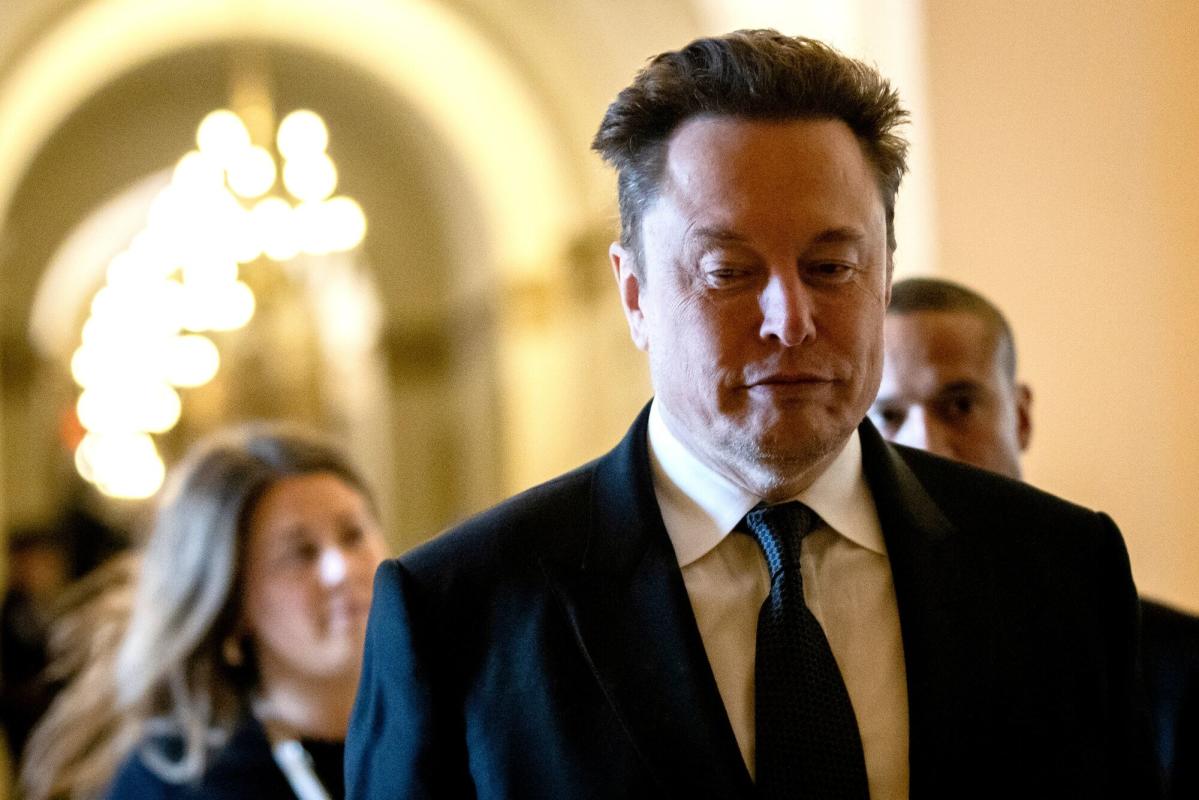By Daniel Leussink and Maki Shiraki
KINOKAWA, Japan (Reuters) – Japan’s Panasonic Holdings Corp’s energy unit has completed preparations for mass production of its 4680 battery pack for electric vehicles, the company said on Monday, as it seeks to start supplying the cell to automakers.
Panasonic Energy’s renovated plant in the western prefecture of Wakayama will serve as the main factory for producing the cells, which the Tesla supplier says have five times the capacity of its smaller 2170 cylindrical batteries.
The larger 4680 cells will enable automakers to extend the driving range of electric vehicles and use fewer cells to achieve the same battery capacity, Panasonic Energy said in a statement.
The company held a ceremony to mark the completion of preparations for the start of mass production of the batteries and showed an inspection line where stacked trays of the silver-colored cells could be seen passing by.
The company has sent samples of the 4680 batteries to some of its existing automakers and plans to start production of the new cells after getting their approval, a Panasonic spokesman said.
The company had previously said it planned to start production of the 4680 cells in the first half of the current fiscal year that began in April.
The Wakayama plant is expected to employ about 400 people in the development and production of the new batteries by March 2025, and serve as a test site for processes it could implement at other battery factories around the world, the company said.
Panasonic Energy already manufactures 2170 and 1860 cylindrical electric vehicle batteries at its Suminoe and Kaizuka plants in Japan.
(Reporting by Daniel Leussink and Maki Shiraki, editing by Eileen Soreng)


